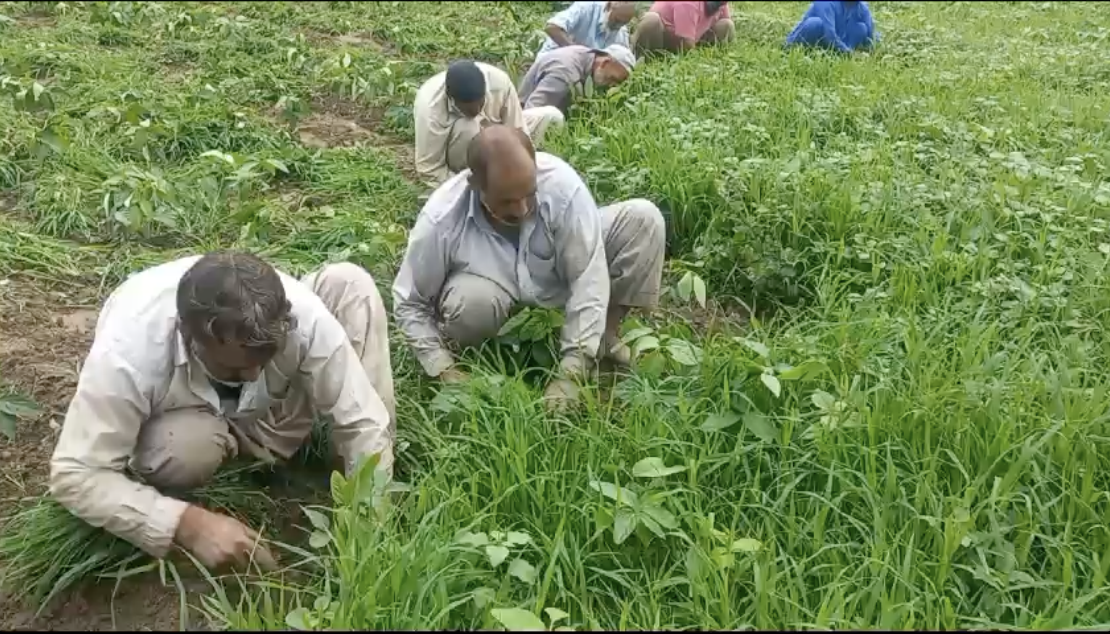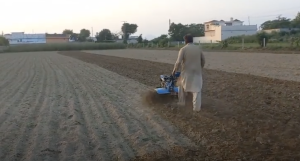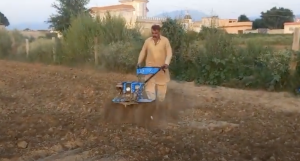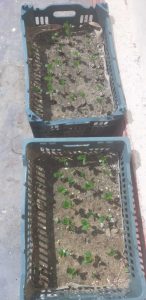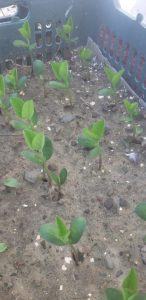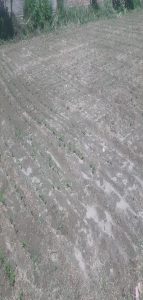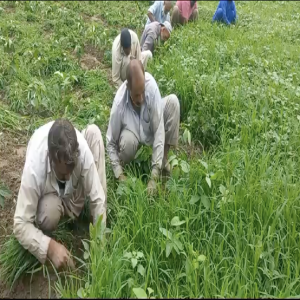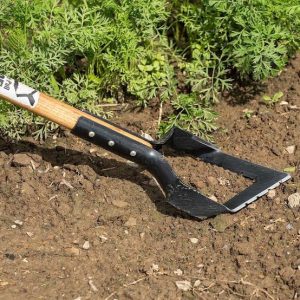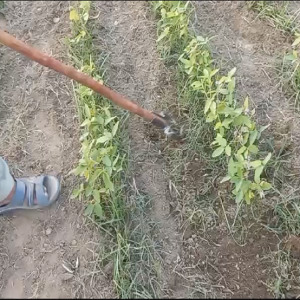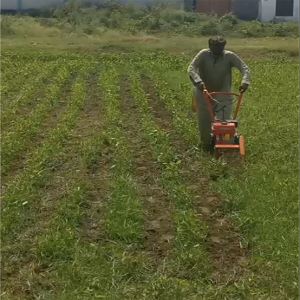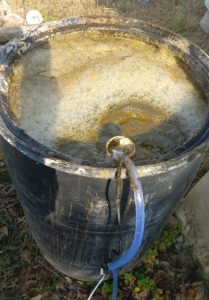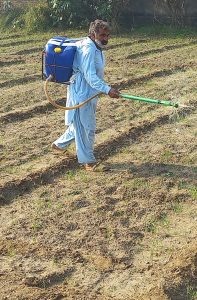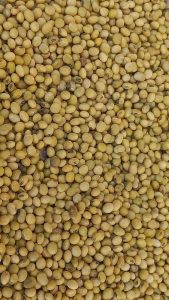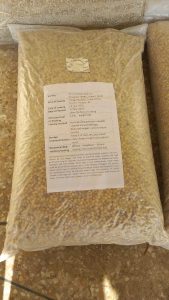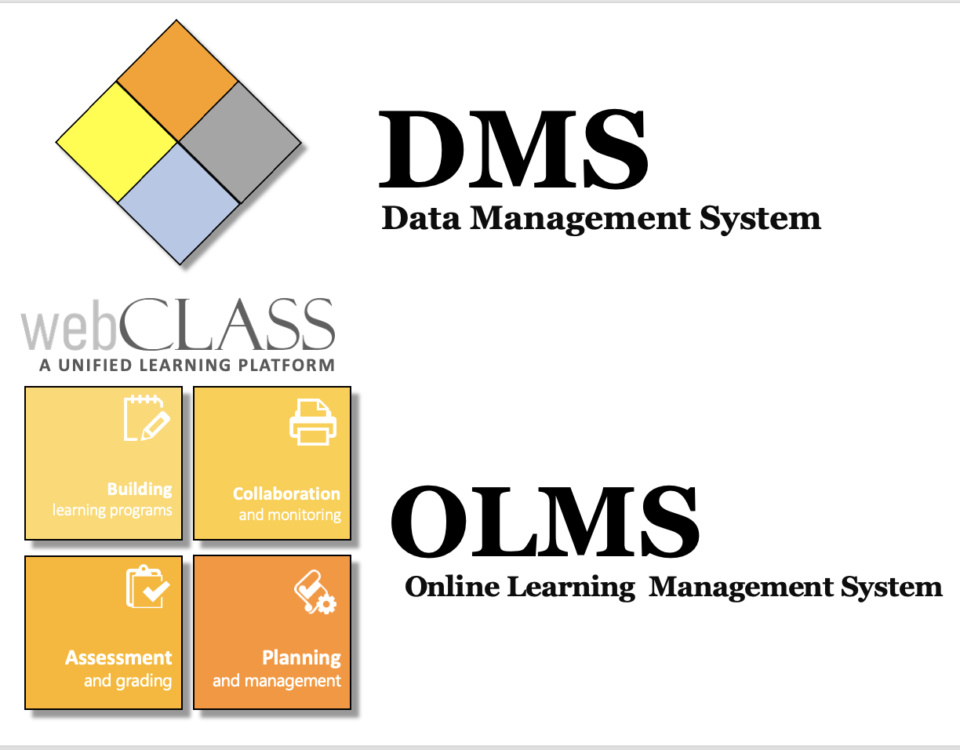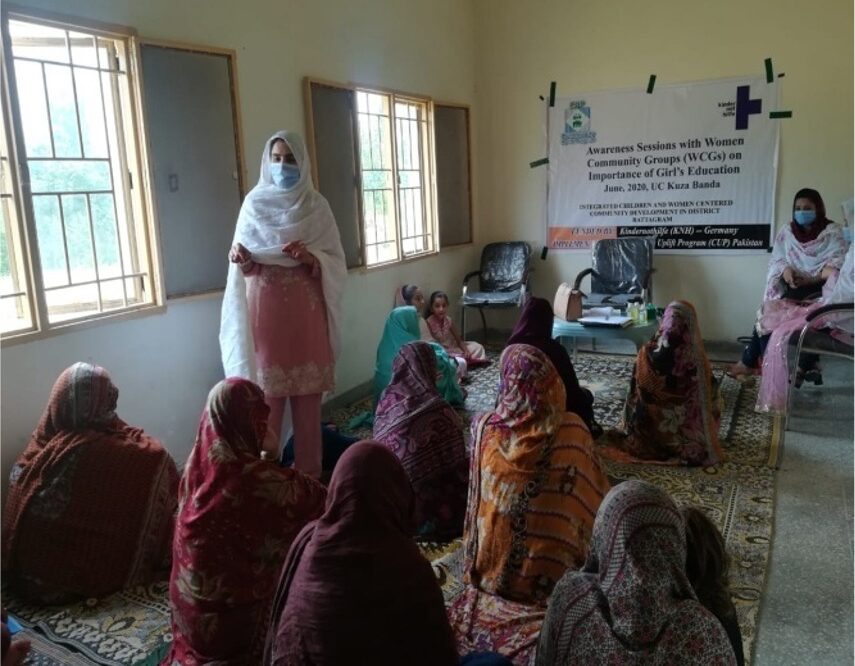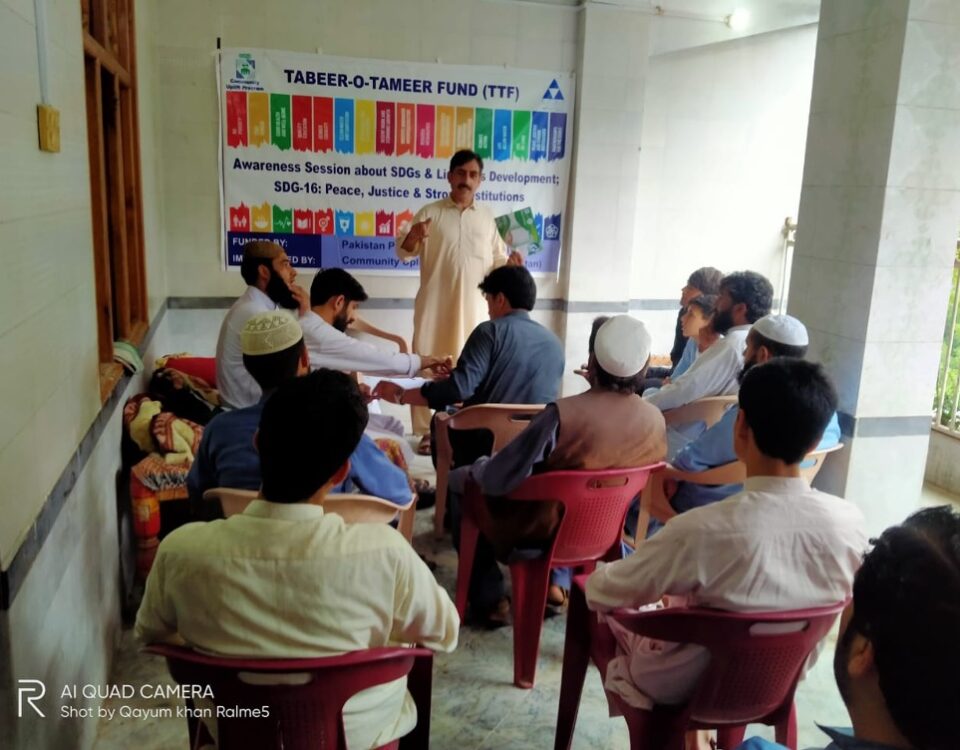Pilot Program Agri Initiative
Preparing the land for Soybean seed plantation at Qazipur
Successful Soybean Germination by our partner Mr. Saad Khan
Mr. Saad Khan's effective solution for the weeding nuisance
Another successful step, use of Organic Liquid Microbial Fertilizer (OLMF) at Soybean fields
1st multiplication of NARC 21 Soybean, harvested, cleaned and packed hermetically at project site
Executive Summary:
The agricultural landscape in Pakistan’s Southeast KP region is being redefined in response to climate change challenges. The introduction of soybean and advanced wheat varieties offers a dual commercial advantage, addressing environmental sustainability and enhancing profitability for farmers. The strategic shift to soybean cultivation taps into the crop’s resilience to climatic stresses, promising a more stable and profitable yield. Local development and multiplication of soybean varieties by NARC Islamabad have shown that domestically produced soybeans can match international standards. This not only reduces reliance on imports but also positions Pakistan to capitalize on the growing global soy market, offering substantial commercial prospects.
Simultaneously, the project introduces high-yielding wheat varieties, which are expected to significantly increase per-acre productivity. The collaboration with Wheat Research Institute (WRI) Faisalabad and NARC Islamabad has led to the selection of three wheat varieties tailored for different land conditions. These advanced seeds, coupled with modern, low-cost farming techniques, are projected to double wheat output, thereby increasing the profitability for farmers. The higher yields not only aim to satisfy domestic needs but also hold the potential for surplus production that could be exported, further enhancing the economic benefits.
The organic liquid microbial fertilizer (OLMF) initiative empowers village women through entrepreneurship, while addressing the demand for organic fertilizers. This sustainable approach not only supports crop yields but also has the potential to carve out a new market segment, contributing to the revenue streams for local communities.
The project’s commitment to organic pest control, featuring traditional tobacco-based recipes, aligns with global trends towards eco-friendly agriculture, presenting additional commercial potential. These practices not only reduce costs for farmers by minimizing the reliance on expensive chemical pesticides but also offer a marketable narrative for organic produce.
Overall, the introduction of soybeans and advanced wheat seeds, paired with innovative, sustainable practices in fertilizer and pest management, constitutes a robust commercial strategy. This initiative is poised to revolutionize the agricultural framework of the Southeast KP region, fostering a resilient, profitable, and environmentally sustainable model.
Milestones over the next two years include scaling organic fertilizer production, achieving a 50% increase in wheat yield, cultivating soybean and establishing a local organic pesticide supply chain. The success of these initiatives will not only invite further investment but also set a precedent for agricultural innovation. We invite partners and stakeholders to join us in this endeavor, to create lasting impact and shared prosperity, ensuring that every dollar invested moves us closer to our collective goals.

